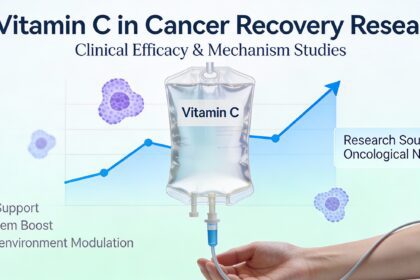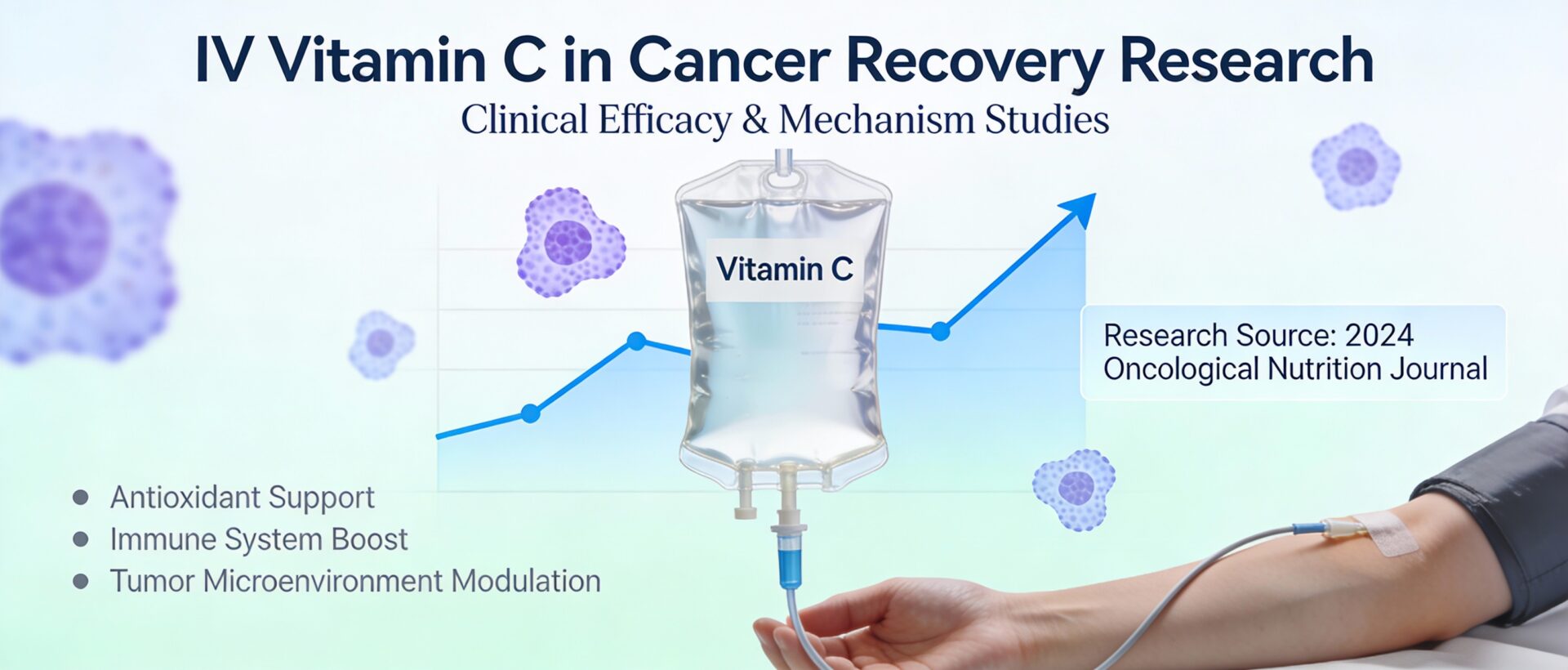Our bones and muscles are held together by connective tissue. The connective tissues include ligaments (connecting bone to bone), and tendons (connecting bones to muscles). Ligaments and tendons are made of collagen. When the ligaments and tendons are injured, the body increases the production of collagen to heal them. It also happens to be the largest and most abundant protein in the body. It is a key building block for everything from the connective tissues in the vital organs, joints, ligaments and tendons, to hair, nails and the dermis layer of the skin. Most people are familiar with collagen because of its cosmetic benefits.
BY JOE PALUMBO, IFBB PROFESSIONAL
As we age, or after significant weight loss, we begin to see loose, sagging skin due to a lack of collagen. Elasticity is what holds the skin tightly to our face and body. Elasticity depends upon collagen and elastin, two components of the deep layer of skin called the dermis. Just as the collagen in our face noticeably deteriorates, it does the same in other parts of our body.
This includes the ligaments and tendons in, and around, our joints. Where the loss of collagen in the face is signified by wrinkles, in the joints it is signified by pain. This could lead to a diagnosis of degenerative joint disease or degenerative disc disease in the spine. Just as collagen can rejuvenate damaged skin in the face to make you look better, it can rejuvenate the soft tissues of the body to help eliminate pain.
Decreased Aging
Because vitamin C is involved in the formation of collagen, elastin, and neurotransmitters, it is a major contributor to tissue healing. Protein supplementation is an important component in increasing protein levels while keeping a positive nitrogen balance. A positive nitrogen balance enables collagen formation to continue and accelerates connective tissue repair.
Recommendations for optimal healing using natural foods and/or supplements should consist of:
• Consuming extra water throughout the day.
• Increase the amount of protein consumed in your diet. Women should consume ~46 grams of protein a day, while men should consume ~56 grams per day. Protein supports the growth and health of collagen.
• Eat foods that contain the amino acids lysine and proline. Natural collagen contains large quantities of these two amino acids. Consuming foods high in lysine and proline can help to replenish your body’s supply. Lysine can be found in lean meats, fish and low-fat dairy. Egg whites and wheat germ are good sources of proline.
Rebuilding collagen is a complicated process, but all of the steps above work in conjunction to make it happen.
























